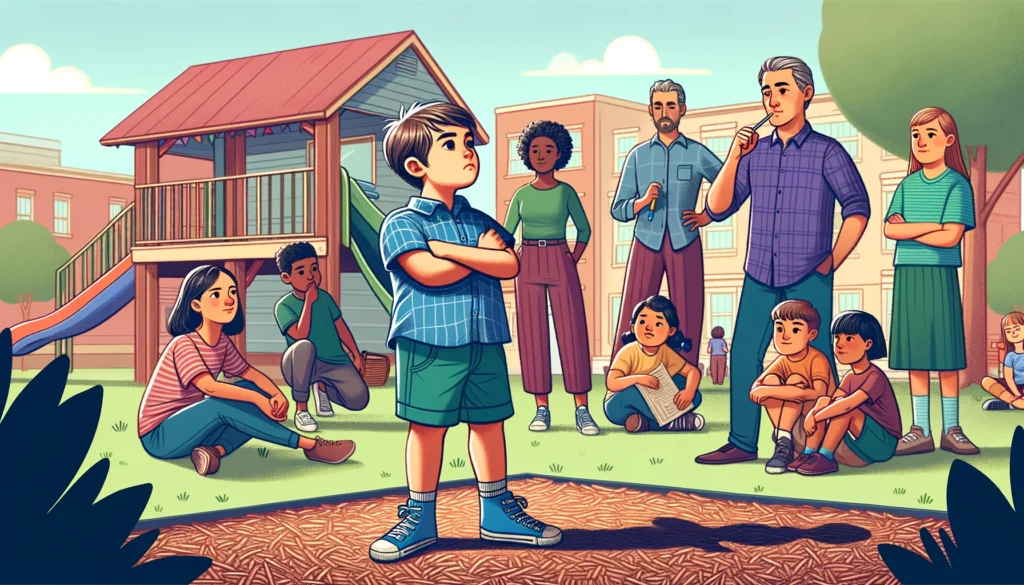At LifeAdve, we’re passionate about supporting families through various life stages. Our nature-based activities and parenting workshops focus on fostering emotional intelligence, communication, and well-being. Join us to explore fun and interactive ways to navigate peer pressure and build resilience together.
Peer pressure can significantly impact children’s attitudes, behaviors, and values. It’s essential for parents to understand and address these influences effectively. Through nature-based activities and games, children can learn resilience and individuality while coping with peer pressure.
Media Influence:
Engage in discussions about age-appropriate media content to develop critical thinking skills and understand media influence.
School and Friends:
Encourage playdates and get to know your child’s friends and their parents to facilitate open communication and build connections.
Social Media:
Establish guidelines for safe social media use to promote digital literacy and healthy technology relationships.
Educational Influences:
Engage in educational games aligned with your child’s interests to channel external influences into positive learning experiences.
Open Communication:
Regular family discussions create a safe space for your child to express themselves, strengthening the parent-child bond.
Identifying Values:
Establish family values to provide a decision-making framework and develop a strong sense of self.
Role-Playing Scenarios:
Role-play peer pressure scenarios to practice assertiveness and decision-making skills in a safe environment.
Encourage Individual Interests:
Support your child’s hobbies to foster self-identity and reduce the impact of peer influence.
Mindfulness and Emotional Regulation:
Introduce mindfulness techniques to help manage stress, anxiety, and peer pressure effectively.
Teach Critical Thinking:
Engage in discussions to develop analytical skills and decision-making based on personal values.
Positive Peer Relationships:
Encourage forming positive friendships to create a supportive network and reinforce healthy behaviors.
Set Realistic Expectations:
Establish achievable goals to promote self-acceptance and diminish the impact of societal pressures.
By incorporating these activities into parenting, you can help your child navigate peer pressure constructively and develop essential life skills. Join LifeAdve’s workshops to explore these strategies further and foster resilience in your family.
FAQs:
- How can I help my child deal with peer pressure?
Encourage open communication, establish family values, and engage in role-playing scenarios. By fostering resilience, critical thinking, and positive peer relationships, your child can navigate peer pressure effectively.
- What role does media influence play in peer pressure?
Media can impact children’s attitudes and behaviors. Engage in discussions about media content, teaching them to analyze and understand media influence critically. This helps develop discernment and resilience against negative peer pressure.
- How important are positive peer relationships in combating peer pressure?
Positive friendships provide support and reinforcement for healthy behaviors. Encourage your child to form positive connections, fostering a supportive network that strengthens resilience and reduces susceptibility to negative peer influences.
- How can parents maintain a balance between guidance and independence?
Parents can maintain open communication while providing guidance and support. Establishing realistic expectations, promoting individual interests, and teaching critical thinking empower children to make informed decisions and navigate peer pressure confidently.

